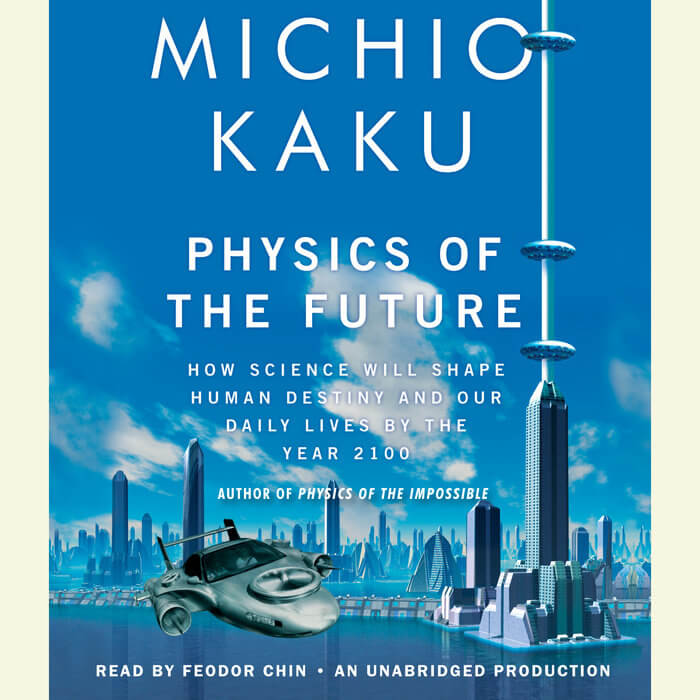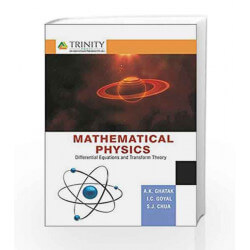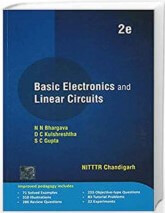Every physics student search for the right books to understand its concepts with uttermost clarity, but it is not possible all the times; for all the topics. Here in this article, I am sharing the list of books I love and suggest anybody to read at different stages of their lives. Even though, I am not a genius like Richard Feynman, but I excelled in many concepts of physics (as you can go through my YouTube Channel – All Lab Experiments) using these books. These are not so expensive books. Look at them and add them into your library for better conceptual understanding.

# Concepts of Physics by H.C. Verma – This book is my personal all-time favorite. It is the best book to club with your regular physics books when you are in high school (class 11th – 12th). If you want to pursue physics as a teacher, and you have not gone through this book, then it’s my advice that you should read this book at least once. You can find these books on the link below and have a look –
- Concepts of Physics, H.C. Verma, Part-1
- Concepts of Physics, H.C. Verma, Part-2
- Books with Solutions (Complete Set)
=========================
# Feynman Lecture Series by Richard Feynman – In my opinion, this is one of the gem books of all times. This series of books are in fact the lectures delivered to the undergraduate students at Caltech during 1961-1963 by Nobel Laureate physicist Richard Feynman. When I was reading this book, then I noticed that this book references the book on solid state written by Charles kittel and published in 1960. Thus, these were the most updated lectures of that time. Luckily, the fundamentals of basic physics have not changed much, and the books are still relevant to us. Famous author H.C. Verma also praised the lectures of Richard Feynman in his book mentioned above.
This book contains most of the physics concepts, with lucid theoretical explanation, clear analytical idea, and the experimental justification known by that time. These books will teach you to solve problems only by imagining things; look at different physics topics and unify them like one because the background mathematics is the same. I strongly recommend these 3 books, one should read during his/her graduation years, parallel to their college physics course. Buying a book published by Pearson is better when the price difference is small, but the quality of their books is much better, unless you want a small book to carry (like Narosa) all the time like a novel. I read Narosa books but at that time they were much cheaper than their present price.
The Feynman Lectures on Physics (All 3 Volumes, Pearson Pub.)
The Feynman Lectures on Physics (Volume 1, 2, & 3, Narosa Pub., Black & White)
- Vol. 1 – https://amzn.to/3EUENQB
- Vol. 2 – https://amzn.to/3EVE2a3
- Vol. 3 – https://amzn.to/3D3Nsif
=========================
# Books by David J. Griffith is one of the finest physics authors. His three famous books on Quantum Mechanics, Electromagnetic Theory, and Particle Physics cover most of the topics required for a graduate or post-graduate student. His books also sound original lecture like Feynman’s books. Their grip on the topics of physics and sense of humor comes out naturally in these lectures.
- Introduction to Electrodynamics, D.J. Griffith
- Introduction to Quantum Mechanics, D.J. Griffith
- Introduction to Elementary Particles, D.J. Griffith
(You may get a cheaper version of this book on elementary particles in the local market or on other websites)
=========================
# Plotting and Visualization is Important – Above all this, the art of plotting and understanding the nature of a data is very important. I read a book very nicely written by Amit M Aggarwal, “Play with Graphs” and till today I feel happy when I plot or imagine some data graphically and reach to the solution of a problem faster than others. I would recommend you to read it immediately. It doesn’t matter at what level you are now.
Play With Graphs by Amit M. Aggarwal
=========================
# Landmarks Achieved by now (in Physics) – For the latest knowledge on research and technological developments related to the core physics, I read books written by Michio Kaku or articles written by some famous science magazines. Once I read this book “Physics of the Impossible” and planning to read “Physics of the future”. Found these books useful in this regard.
=========================
Books Mentioned after this are optional but useful at different times depending upon your subject requirement
=========================
# Understanding Mathematical Physics better – I am Dr. Sachin Kumar (the author of this article and the creator of YouTube channel – All Lab Experiments and its website alllabexperiments.com). I personally love to teach Mathematical Physics. Mathematical Physics book written by H.K. Dass is a good book, covering all major topics, but somewhere it covers more math than physics. In fact, this is not even possible to cover everything in one book with full fledge conceptual support. Therefore, we need some add-ons to make our conceptual understanding in this subject because Mathematical Physics is the back bone of Physics.
Mathematical Physics by H.K. Dass
I felt very overwhelmed when I read the book Matrices and Tensors in Physics written by A.W.Joshi. Thereafter, I studied his book Elements of Group Theory for Physicist. Both are nicely written and added a lot of conceptual understanding to my knowledge.
Recently, I am reading a book named Mathematical Physics by A.K. Ghatak, I.C. Goyal, and S.J. Chua. This book covers the physics behind differential equations which is very rare to find in this conceptualized manner. If someday, you become a big physicist, you will surely thank me for suggesting this book.
Mathematical Physics by A.K. Ghatak
=========================
# Atomic & Molecular Physics – During my masters in physics from Delhi university; I went through a book on Atomic and Molecular Physics by Rajkumar which I found very clear and easy to understand. This book successfully taught me many concepts of atomic and molecular physics along with LS and JJ coupling with right pictorial presentation.
- Atomic and Molecular Physics (Buy this book at lower price from local market or other websites)
- Atomic and Molecular Spectra: Laser
=========================
# Can you Visualize Electronics – Electronics is generally hard to visualize. Experiments may help somebody to understand the working of its components but this book Basic Electronics and Linear Circuits by N.N. Bhargava, D.C. Kulshreshtha, S.C. Gupta can help you with this as well. This book is one of the best seed to be sown to learn this subject.
Basic Electronics and Linear Circuits
=========================
- Other Important Books –
Principles of Physics by Resnick, Halliday, & Walker – https://amzn.to/3CLF72r
Quantum Mechanics by H.C. Verma – https://amzn.to/3EV3aOg
For the Love of Physics by Walter Lewin and W. Goldstein – https://amzn.to/3AK5a9B
Mathematical Methods for Physicists by Arfken – https://amzn.to/3udai3D
Kittel’s Introduction to Solid State Physics – https://amzn.to/3zNHoIm
Quantum Mechanics: Concepts and Applications by Zettili – https://amzn.to/3EQY9q5
Statistical Mechanics by Pathria – https://amzn.to/3udb0xP
Classical Mechanics by H. Goldstein – https://amzn.to/2ZupUnX
Nuclear Physics by S.N. Ghoshal – https://amzn.to/3lZvQNj
=========================




